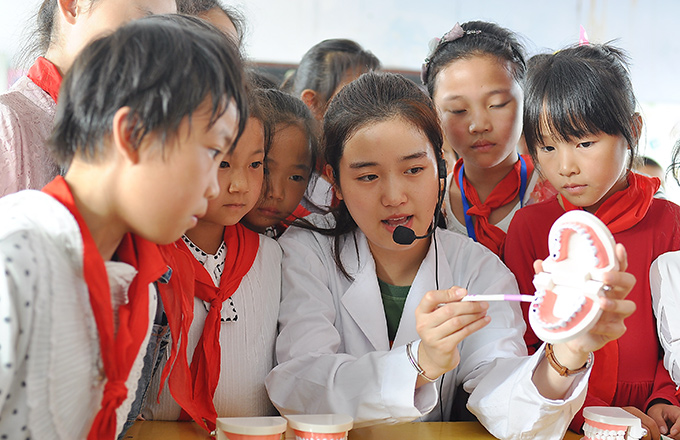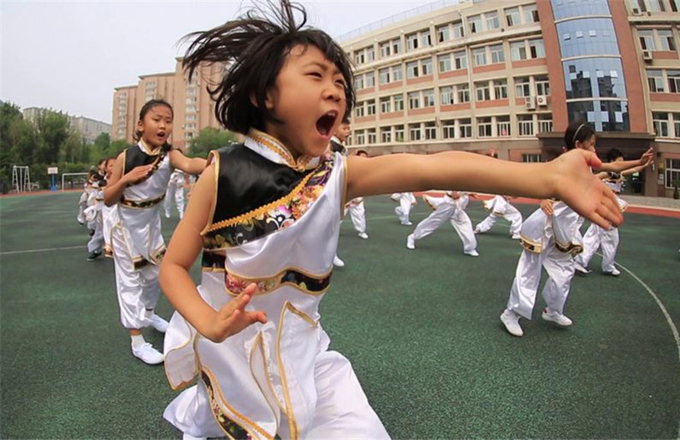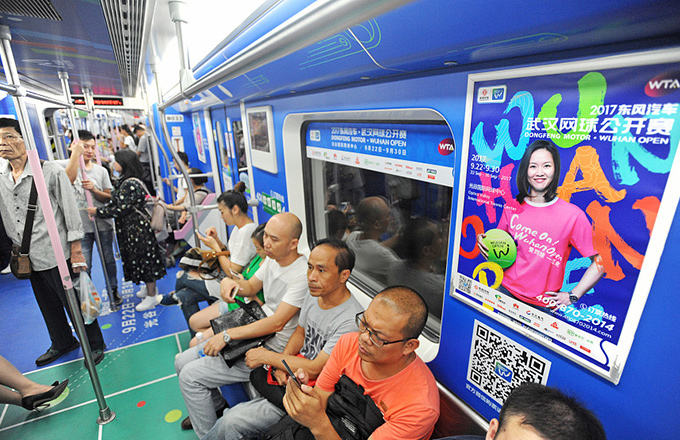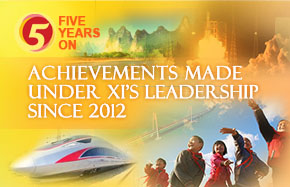Fishermen village got boost from visit by Xi
Shenzhen's Yumin village, facing Hong Kong to the south, was once known as a typical urban village in the Pearl River Delta, surrounded by high-rise buildings but characterized by dense and disorderly living conditions as well.
But the place, whose name means Fishermen village, where the local people depended on fishing in the early 1980s, has undergone tremendous change in the past few years. That is especially so since CPC General Secretary Xi Jinping visited in late 2012 and subsequently encouraged reforms benefiting the area.

The village, with a population of 4,378, of which up to 92 percent are migrants, has been virtually rebuilt starting in the early 2000s as a typical modern residential community, including a series of cultural and sports facilities.
Since China's reform and opening-up policy in the late 1970s, former leaders Deng Xiaoping and Hu Jintao also visited the village, calling for deepening reforms there to meet the demand for better living and working conditions.
"The village is more like a window, showing Shenzhen's tremendous changes since the reform and opening-up policy," said Huang Xingyan, general manager of Yufeng Industrial Co, which manages village houses.
Xi, who visited Shenzhen in December 2012, shortly after he was elected general secretary of the Communist Party of China Central Committee, asked local officials to pay more attention to development of a better residential community.
"I accompanied President Xi during his visit to the village. He was most interested in our company's reforms, which involved the government and local residents," Huang said.
Huang's company undertook internal reforms in 2016 that allowed the sale of residents' shares, which helped increase their value.
"The reform has helped better allocate social resources and inspire residents to become more actively involved in the company's business operations," Huang said.
According to Huang, the average annual household income in Yumin is about 600,000 yuan ($91,121). Income has grown as the area has developed and rental rates have boomed.
Changes in Yumin village have paralleled Shenzhen's development since Xi's visit. In the 15-square-kilometer Qianhai Pilot Free Trade Zone, 30 kilometers west of Yumin, the number of registered companies rose from 299 in 2012 to 42,000 in 2016.
Xi also visited Qianhai, which, together with the Shekou area in Shenzhen, was approved to become part of the Guangdong Pilot Free Trade Zone in April 2015.
"It was once a vast, open land, most of which was reclaimed from the sea. But now it has become a dynamic force to drive the city's development," said Liu Ruopeng, chairman of Kuang-Chi Group, a technology conglomerate based in Qianhai that also was visited by Xi.
"President Xi encouraged us to become a technology leader by strengthening research and development investment," Liu said.
Kuang-Chi has become the latest Chinese firm to tap into British technological expertise, making its first major UK investment of $30 million in early January in Dorset-based Gilo Industries Group, an aerospace technology firm that makes engines for jet packs and unmanned aeronautical vehicles.
- Beijing gears up technical, parking rules for shared bikes
- CPC-themed books draw international attention
- Chinese spend billions of hours on social media, long enough to build 109 pyramids!
- Aviation Expo China opens in Beijing
- Leading Chinese computer scientist inducted into 2017 Internet Hall of Fame



























